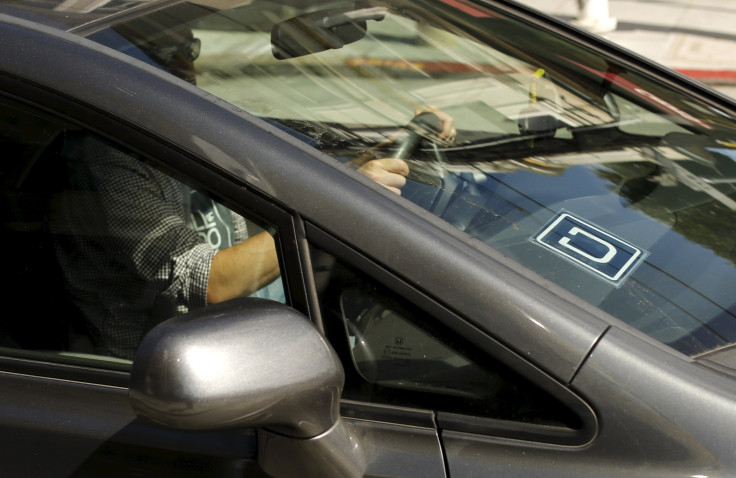Uber Driver Is Employee, Not Independent Contractor, Says California Labor Commission

In a move that threatens to shake up the company's business model, the California Labor Commission has ruled that a former Uber driver was an employee, not an independent contractor. The firm has long argued its drivers are contractors, and therefore it does not contribute payroll taxes, provide benefits or reimburse workers for fuel, upkeep and other expenses. Uber, which operates a mobile app that allows passengers to order transportation services, maintains it is not a traditional employer and that it merely provides a technological platform to drivers and passengers.
But in an order issued Tuesday, the labor commission rejected that argument. It says the company is "involved in every aspect of the operation," from closely vetting prospective workers and setting broad pay standards to having the ability to eliminate drivers' access to the technology.
The ruling stems from a complaint filed last September by a former driver who sued for more than a month's worth of back pay and expense reimbursement.
Uber has expanded rapidly since its founding in 2009. Last month, the company told investors it expects its valuation to be more than $50 billion -- which could make it the most valuable venture-backed startup ever. Increased expenses -- like having to pay wages and payroll taxes -- could hurt the company's profitability, arguably the most significant measure investors use to value companies.
Uber faces a separate class-action lawsuit in federal court, which also accuses the company of misclassifying drivers in California. Judges have declined to throw out the suit.
In a statement to reporters, the company highlighted the fact that the order applied to a single driver and suggested the case lacks broader signifiance. But William Gould, former chairman of the National Labor Relations Board and current chairman of the California Agricultural Labor Relations Board, says it will likely influence ongoing and future litigation on the subject.
"As these cases go forward in the courts, this opinion will be referenced," says Gould. "From Uber's perspective, it's certainly a troubling development."
This story has been updated to clarify the case applied to a single claimant.
© Copyright IBTimes 2025. All rights reserved.






















